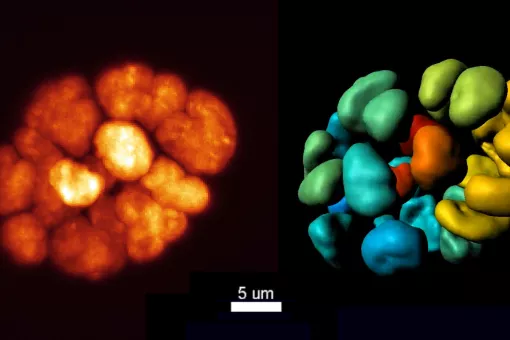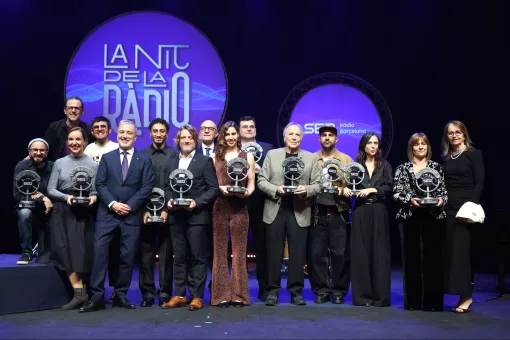Images
The topic of this conference won the Nobel Prize in Medicine and Physiology this year.
Turning off or “siliencing” the activity of genes is of vital importance for scientists: they can understand a gene’s function better when they can see what happens when that gene is disactivated. Silencing genes may also lead to the discovery of treatments for disease, for example, in cases where the production of a harmful protein can be regulated. The discovery in 1998 of a new mechanism that regulates the expression of genes, called RNA interference, is hailed a revolution in the study of genes and their functions. The discovery of RNAi, with its promising clinical implications, secured Craig Mello and Andrew Fire this year’s Nobel Prize in Physiology or Medicine.
On December 11-13, the Institute for Research in Biomedicine (IRB Barcelona) will welcome more than sixty scientists to its site at the Barcelona Science Park to discuss the latests advances regarding the mechanisms of gene regulation mediated by ribonucleic acid molecules. The conference, “RNAi: basic biology to clinical impact”, is the second Barcelona BioMed Conference, organized by IRB Barcelona with the collaboration of the BBVA Foundation.
“RNAi: basic biology to clinical impact”
Organizers Ramon Eritja (IRB Barcelona/CSIC) and Greg Hannon (Cold Spring Harbor Laboratory, New York), have invited 15 leading scientists to take part in the event and present their latest work in both basic and applied research.
For example, John Rossi (Beckman Research Institute of Hope, USA) develops RNAi and combinatorial small RNA therapies to treat AIDS. Coorganizer Greg Hannon studies the biochemical mechanisms of RNAi withthe aim of finding new anticancer targets. Antonio Giráldez (HarvardUniversity, USA) studies the role of RNAis in zebrafish embryo development.
Another topic of increasing interest is the drug delivery method of RNA molecules and how these interact with their targets. Jean-Paul Behr (Université Louis Pasteur/CNRS) will present his studies in this area. Jesper Wengel (University of Southern Denmark) will discuss new RNAi derivatives obtained in his laboratory that have a more efficient inhibitory potential.
About Barcelona BioMed Conferences
Barcelona BioMed Conferences are a new forum for high-level scientific discussion on priority areas in biomedical research. Each of the conferences brings together about 20 international scientific leaders to present their latest research. An additional 40 participants are invited to participate, and are selected on the basis of their scientific excellence. Future Barcelona BioMed Conferences will focus on the regulation of chromatin functions, inflammation and chronic disease, and stem cells and cancer.
Related content:
RNA: much more than a simple messenger for DNA. Ramon Eritja (IRB Barcelona/CSIC)
About IRB Barcelona
The Institute for Research in Biomedicine (IRB Barcelona) pursues a society free of disease. To this end, it conducts multidisciplinary research of excellence to cure cancer and other diseases linked to ageing. It establishes technology transfer agreements with the pharmaceutical industry and major hospitals to bring research results closer to society, and organises a range of science outreach activities to engage the public in an open dialogue. IRB Barcelona is an international centre that hosts 400 researchers and more than 30 nationalities. Recognised as a Severo Ochoa Centre of Excellence since 2011, IRB Barcelona is a CERCA centre and member of the Barcelona Institute of Science and Technology (BIST).





